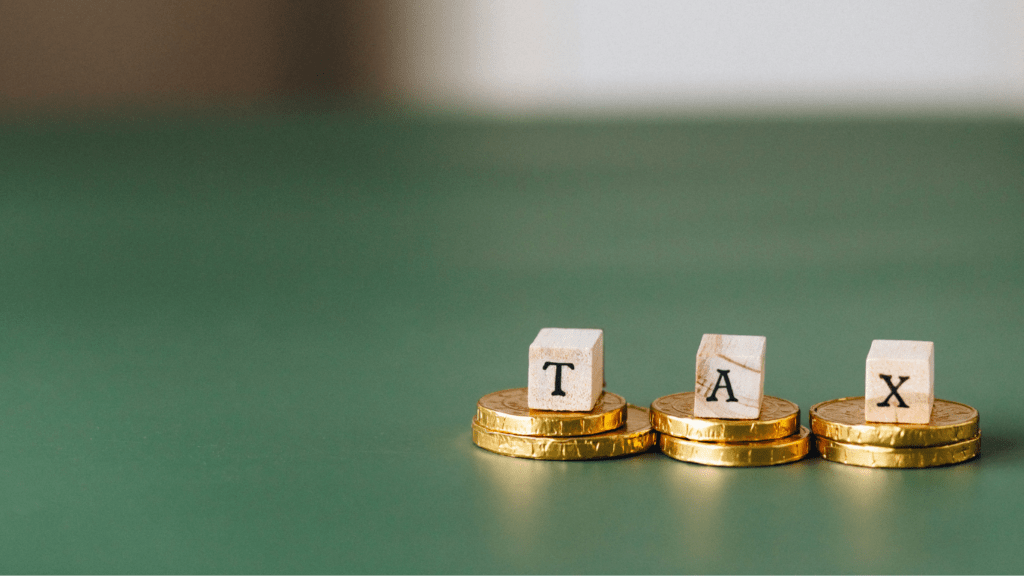Understanding NFTs: Basics and Beyond
Non-fungible tokens (NFTs) have revolutionized digital asset ownership. They enable unique digital assets to be bought, sold, and traded.
What Are NFTs?
NFTs represent ownership of a specific digital item, such as:
- art
- music
- virtual real estate
using blockchain technology. Each NFT is distinct and can’t be exchanged on a one-to-one basis like cryptocurrencies.
For instance, while one Bitcoin is equivalent to another Bitcoin, one NFT isn’t equivalent to another. NFTs provide authenticity and proof of ownership.
How Do NFT Transactions Work?
NFT transactions use blockchain technology, which ensures transparency, immutability, and security. When purchasing an NFT, I typically use a digital wallet connected to an NFT marketplace, such as OpenSea or Rarible.
The transaction and digital ownership are recorded on the blockchain, usually the Ethereum network, making the process secure and verifiable. Collectors and artists alike leverage these platforms to trade and monetize their digital works seamlessly.
Legal Considerations of NFTs
Understanding the legal landscape surrounding NFTs is crucial for participants in the digital asset market. Here are key aspects to consider:
Intellectual Property Issues
NFTs often come with intellectual property (IP) concerns. When purchasing an NFT, you’re buying a token linked to a digital item, but not necessarily the IP rights.
For example, owning an NFT of digital art doesn’t automatically grant copyright ownership. Artists and sellers must clearly state what rights are being transferred. Potential buyers should verify these terms to avoid disputes.
Ownership and Transferability
Ownership of NFTs relies on blockchain records, creating transparency and security. However, the legal recognition of NFT ownership varies by jurisdiction. Buyers should understand the legal status of NFTs in their country.
Transferability is another critical aspect, with smart contracts enabling seamless transaction processes. Yet, terms embedded in these contracts often dictate how an NFT can be transferred, impacting future sales.
Buyers and sellers must review these smart contracts to ensure compliance with all legal provisions.
Regulatory Challenges in Buying and Selling NFTs
Navigating the regulatory challenges in buying and selling NFTs presents an array of complexities. Various jurisdictions enforce different rules, complicating compliance for both buyers and sellers.
Compliance with Financial Regulations
Compliance with financial regulations varies depending on the country. Regulatory bodies like the SEC in the US consider NFTs under certain conditions as securities.
This classification subjects them to strict laws. For example, a token offering dividends from a digital artwork’s resale would need SEC registration if it classifies as a security.
Cryptocurrency exchanges facilitating NFT trades must comply with Anti-Money Laundering (AML) and Know Your Customer (KYC) norms. These regulations aim to prevent fraudulent activities and ensure the legitimacy of transactions.
Tax Implications for NFT Transactions

- Tax implications for NFT transactions differ significantly across regions.
- Buyers and sellers must understand these to avoid legal pitfalls.
- In the US, the IRS views NFTs as property subject to capital gains tax.
- Selling an NFT at a higher price than its purchase incurs gains taxed accordingly.
- Specific deductions may apply, depending on how long one holds the NFT before selling.
- NFTs are part of a business activity, they could be subject to ordinary income tax rules.
- Consulting a tax professional ensures compliance with local tax laws and helps navigate the complexities of reporting NFT transactions.
Consumer Protection and NFTs
Understanding consumer protection in the NFT space is essential. Buyers and sellers must be aware of potential risks and available remedies.
Scams and Fraud in the NFT Space
Scams and fraud are prevalent in the NFT market. These include phishing attacks, counterfeit NFTs, and rug pulls (fraudulent projects where creators vanish after receiving funds).
To mitigate these risks, consumers should buy NFTs from reputable platforms and conduct thorough research. Check for verified badges, review project history, and engage with the community before making any purchases.
Additionally, it’s crucial to use secure wallets and enable two-factor authentication.
Potential Remedies for Buyers
Buyers have several remedies if they fall victim to scams. Most reputable NFT platforms offer dispute resolution mechanisms. Purchasers can also seek refunds or compensation through these platforms.
Legal action is another avenue, especially if substantial financial loss is involved. It’s wise to document all transactions and communication, as this evidence can be vital. Consulting with legal professionals familiar with NFT and digital asset laws can provide additional guidance.






